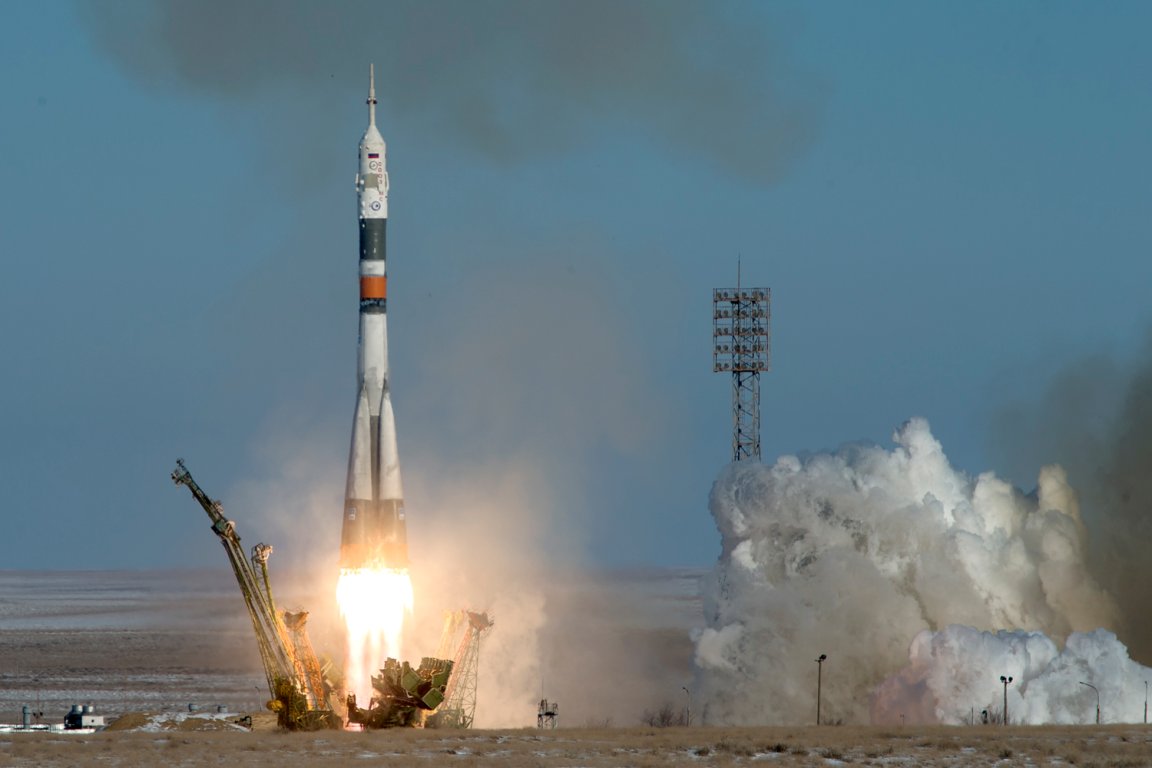
Human Error
The deputy prime minister in charge of Defense industry in Russia has publicly admitted that the Russian space agency, Roscosmos, had lost contact with a recently launched $45 million weather satellite. What’s even more shocking is that the cause of the failure has been attributed to avoidable human error.
Roscosmos explained that the satellite was programmed to think it was launched from a different cosmodrome than from where it actually left. The Meteor-M satellite was launched, along with 18 smaller satellites, from the Vostochny Cosmodrome in south-east Russia but was programmed to think it was being launched from the Baikonur Cosmodrome in southern Kazakhstan, which Moscow leases from the neighboring country.
The launch did go off without a hitch, that is until Roscosmos failed to establish communications with the satellite. The agency initially attributed the loss to rocket failure at the final booster stage but further investigation revealed the faulty programming to be the real culprit.

Success in Failure
Setbacks of any nature are discouraging but as private space companies have shown, a lot can be learned from them. Launching and maintaining satellites involves the seamless integration of many branches of science, with little to no margin of error. Disciplinary action has been taken in this case and the embarrassment that the space program has suffered will also help to ensure that future launches are more cognizant of the programming.
Roscosmos shouldn’t feel alone since they aren’t the first space agency to lose valuable equipment thanks to human error. In 1999, NASA lost a $125 million Mars Climate Orbiter when engineers failed to convert figures into metric.
The Russian space program has certainly seen better days but there is no indication that this one instance will derail continued efforts to modernize their space program. The program has some pretty high expectations moving forward, which may be heightened now given the bumpy start.